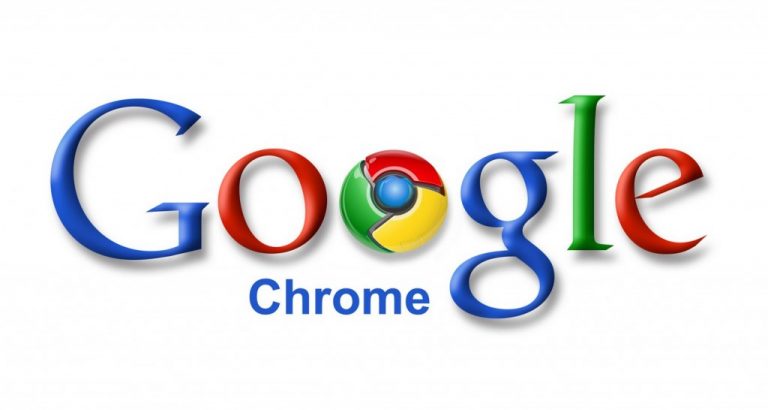
Google countered a U.S. government push to divest its Chrome browser by proposing licensing restrictions to address antitrust concerns. Late Friday, the tech giant filed a 12-page proposed order suggesting that the company be prohibited from requiring favorable distribution or treatment of its software as a condition for licensing popular apps like Chrome, Play, or Gemini.
This response contrasts with the U.S. Department of Justice’s (DOJ) November request for a more drastic measure: ordering Google to sell its Chrome browser as part of a major antitrust crackdown. The DOJ has also proposed banning agreements that make Google the default search engine on smartphones and restricting its ability to exploit the Android operating system to strengthen its dominance.
The proposals come after U.S. District Court Judge Amit Mehta ruled in August that Google operates as a monopoly. The next phase of the trial focuses on remedies for Google’s antitrust violations.
Google’s filing urges Judge Mehta to prohibit the company from using the desirability of its apps to compel mobile manufacturers to pre-install its search software or designate it as the default option. However, the proposed order allows Google to offer incentives to device makers or carriers for distributing or promoting its products.
The DOJ’s call to break up Google signals a significant shift in U.S. regulatory efforts, marking the most aggressive attempt to curb a tech giant since the government’s failed bid to dismantle Microsoft two decades ago.
Regardless of Judge Mehta’s final decision, Google is expected to appeal, potentially dragging the case through years of legal battles that could ultimately reach the U.S. Supreme Court.
The case could also be influenced by the incoming administration of President-elect Donald Trump, set to take office in January. His administration may choose to continue, settle, or abandon the case altogether, depending on its priorities.
The trial, which concluded last year, highlighted Google’s confidential agreements with smartphone manufacturers, including Apple. These deals involve significant payments to secure Google’s search engine as the default on browsers, iPhones, and other devices.
Judge Mehta ruled that such arrangements have granted Google unmatched access to user data, solidifying its search engine as a globally dominant platform.









![[PHOTOS] Arewa Offa, Mustapha Amidat Concludes Skill Acquisition, Exhibition Programme](https://newsbulletin.com.ng/wp-content/uploads/2025/09/IMG-20250920-WA0011-300x300.jpg)